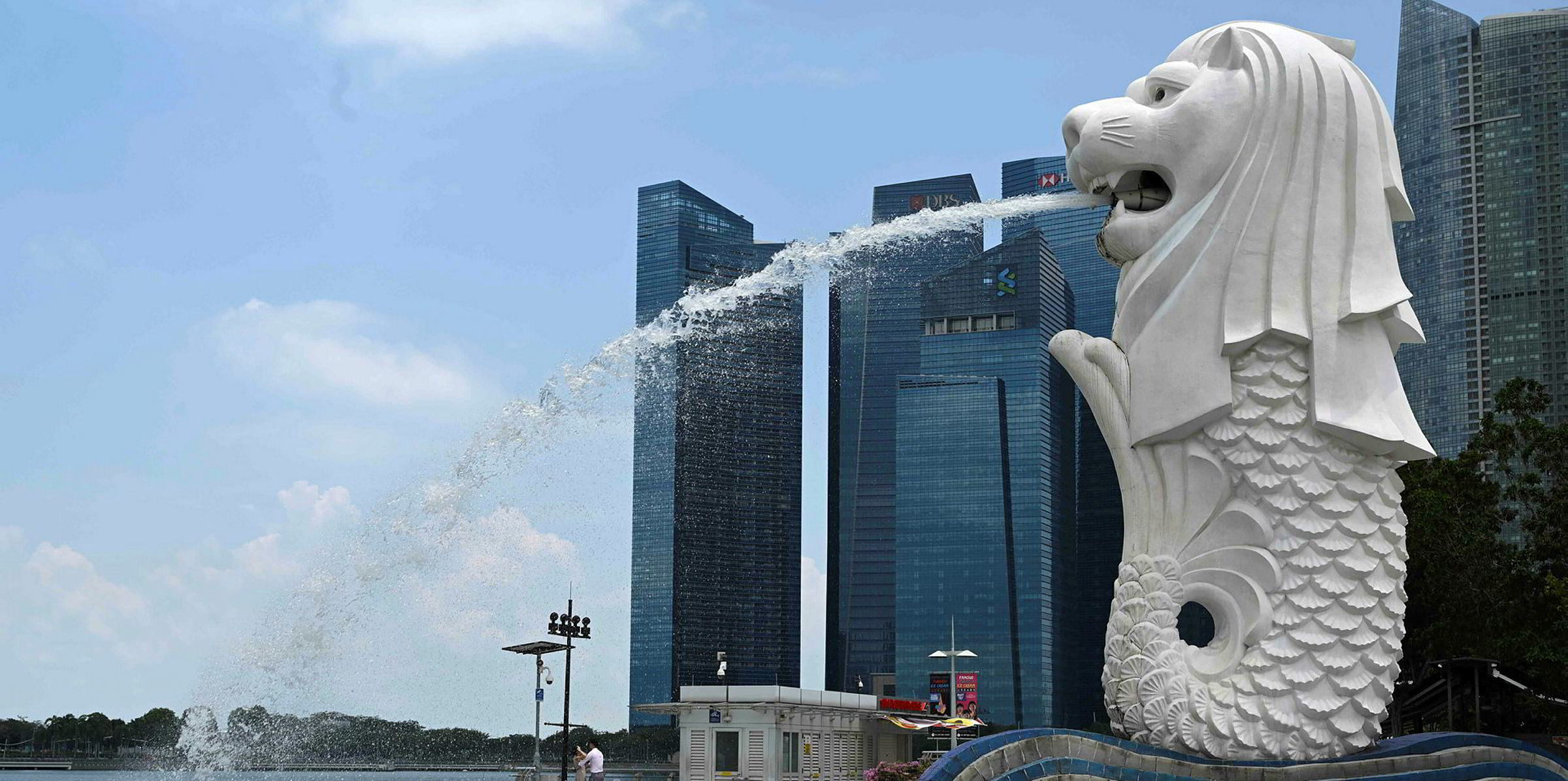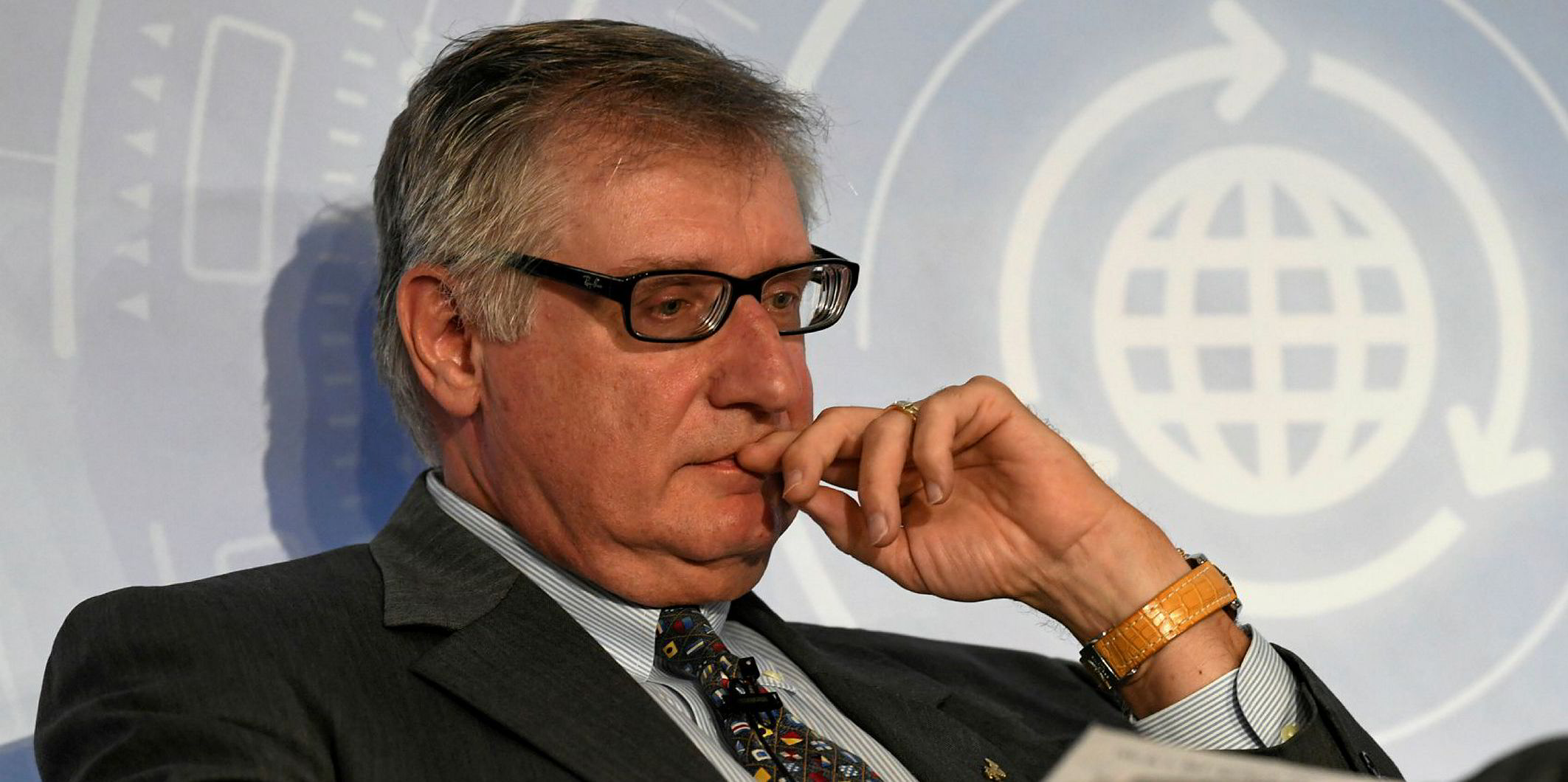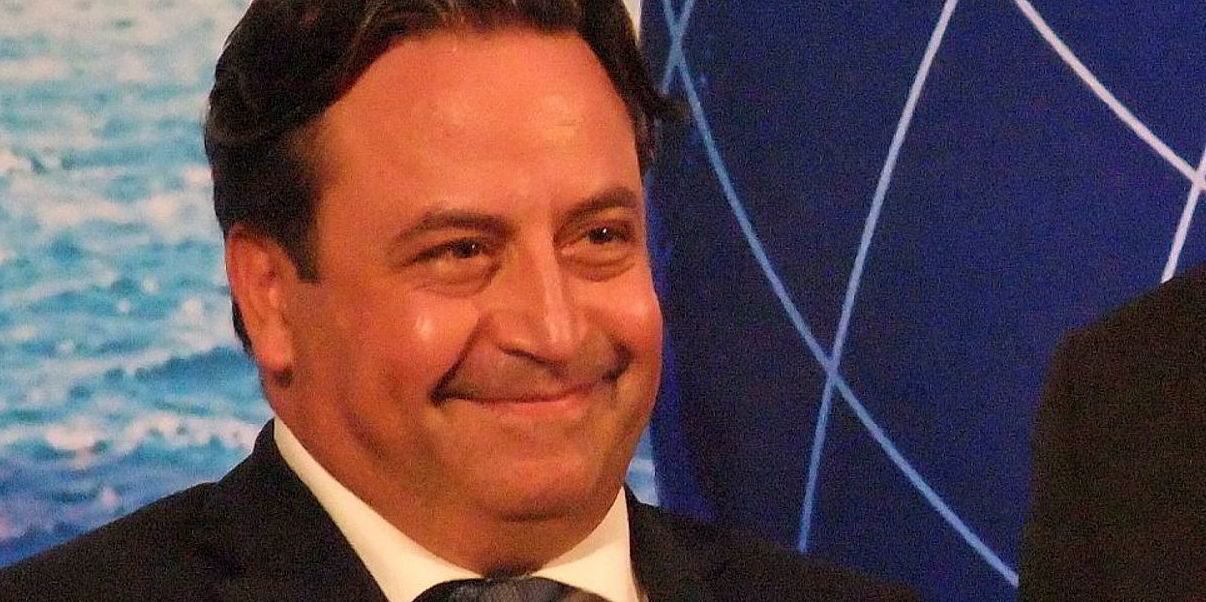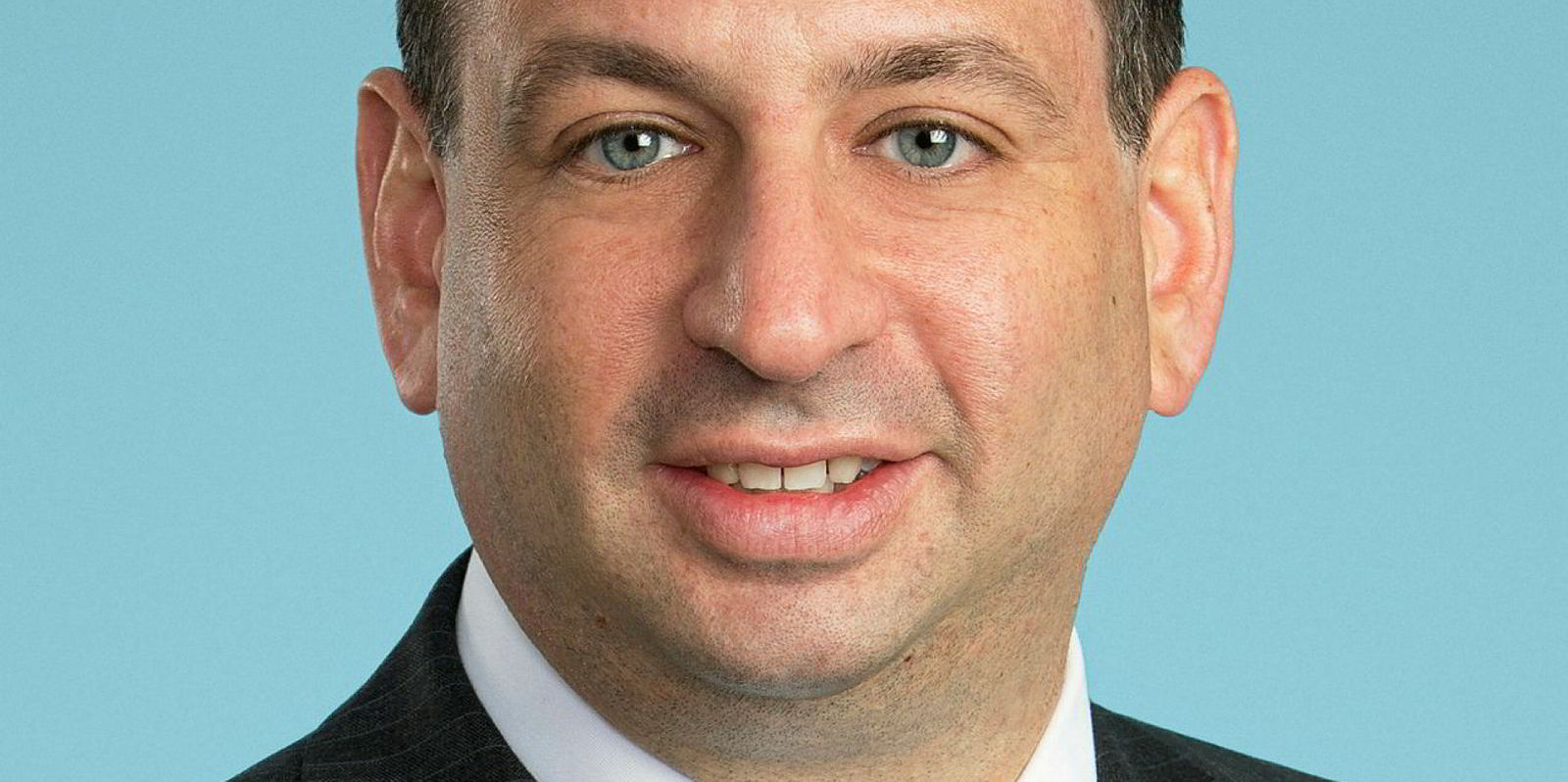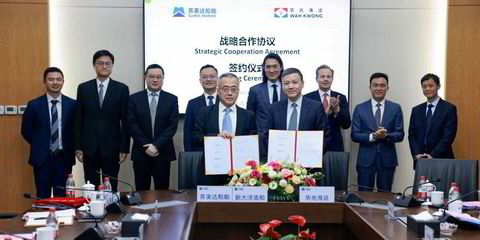London has long been the go-to place for international maritime arbitration. This comes as no surprise with its history as a global shipping hub. Today, the UK capital attracts over 80% of maritime disputes worldwide.
Last year, The London Maritime Arbitrators Association received a total of 2,952 arbitration appointments, up from 2,599 the year before. This has driven the demand for expert witnesses.
Just last month, the Baltic Expert Witness Association launched in the UK capital, as users of its previous Baltic Exchange Expert Witness Panel — which included lawyers and protection and indemnity clubs — identified the need for a defined way in which to find expert witnesses.
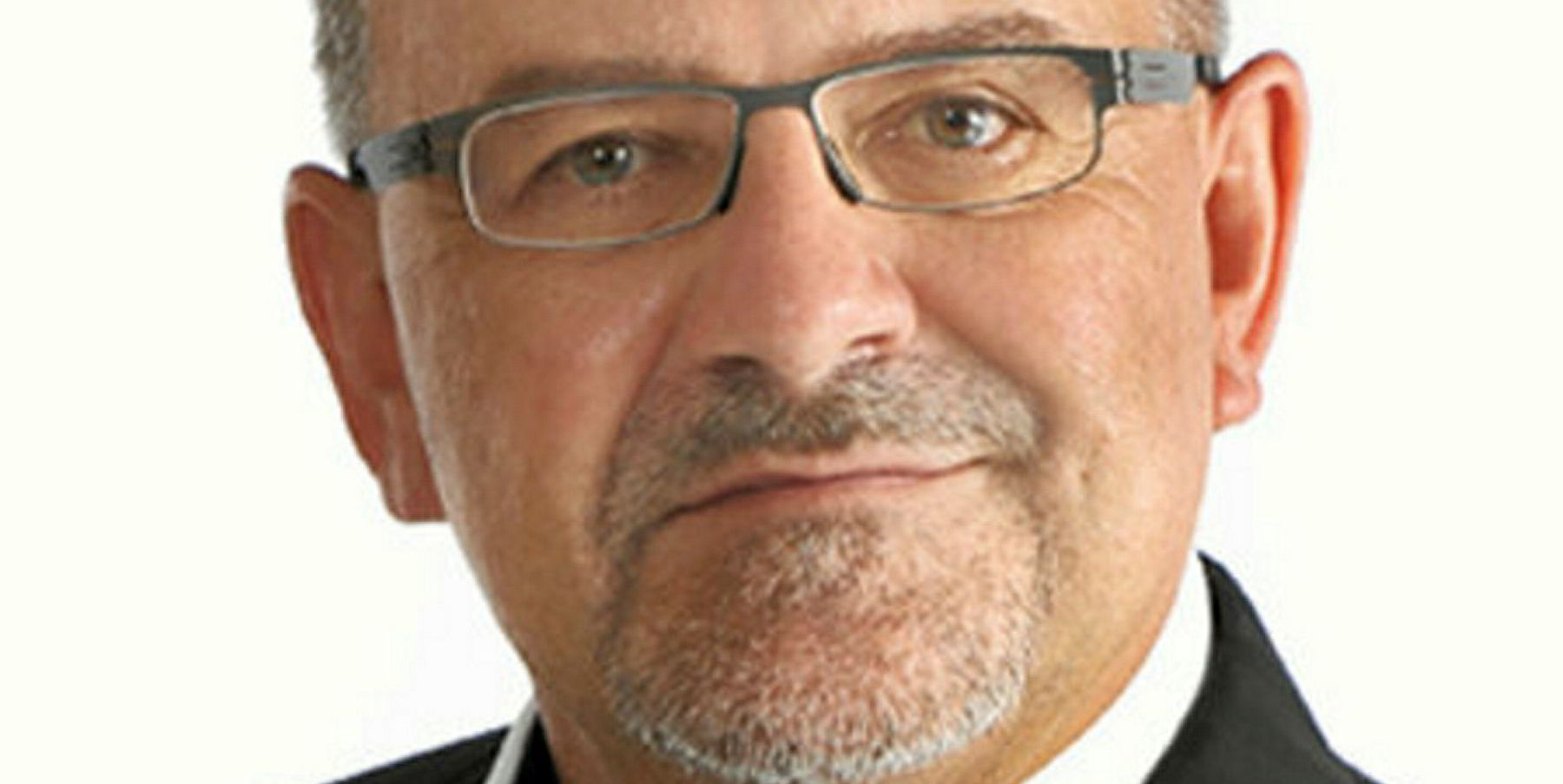
However, there has been a lack of an equivalent institute in Asia to promote the professional standards of expert witnesses and support the growth of maritime arbitration, which has followed the rise of the region's shipping hubs.
The port cities of Hong Kong, Shanghai and Singapore are all in the spotlight, having been named among the top five in the world for three consecutive years by the 2019 Xinhua-Baltic International Shipping Centre Development Index.
Competitive edge
These cities are also home to some of the largest concentrations of maritime law firms in the world — according to Legal 500 and Chambers — and have strong competitive advantages for maritime litigation.
Maritime arbitration is developing rapidly in Asia as the nature of many cases requires a deep understanding of the geographical nuances and Asian context to navigate them successfully.
Handling a casualty, and the aftermath, can be very complex as it is likely to involve a range of expertise, such as marine engineering, naval architecture, fire response and investigation and metallurgy among many other skills.
A regionally based institute would be able to provide support for experts from all professional disciplines and other occupations requiring skills and judgments to appear in courts and tribunals in Asia Pacific.
The presence of an institute would also encourage lawyers to engage these expert witnesses with confidence wherever their specialised knowledge is required.
We believe the time has come for such an institute.
Membership should be extended to qualified professionals from any discipline: practicing experts with relevant qualifications and references from lawyers and courts, actual experts who have gained experience, as well as lawyers or professionals who deal with and engage experts.
Similarly, training courses, seminars and conferences should also be conducted by the institute to maintain and enhance high professional standards among expert witnesses and their status in the region.
Singapore's strength
In Singapore, where the Singapore Chamber of Maritime Arbitration is aiming to grow the port city’s status as a global maritime arbitration centre, the role of expert witnesses will be ever more crucial.
This becomes especially salient with the recent announcement in June this year, that Singapore will become the first country in the world outside Germany to hear cases referred to the International Tribunal for the Law of the Sea.
While the tribunal is headquartered in Hamburg, it can sit and exercise its functions elsewhere wherever it considers desirable. The agreement with Singapore will be the first of its kind to allow an international judicial organ to be heard outside Western and European countries.
Indeed, the under-representation of Asia in public international law discourse has been commonly highlighted by law experts, so this would mark a milestone for not just Singapore, but the region.
So, the creation of an Asian institute for expert witnesses will be more timely than ever.
John Gibson, director of Asia,
marine engineer, Brookes Bell
Do you have an opinion to share? Send details to news@tradewindsnews.com
